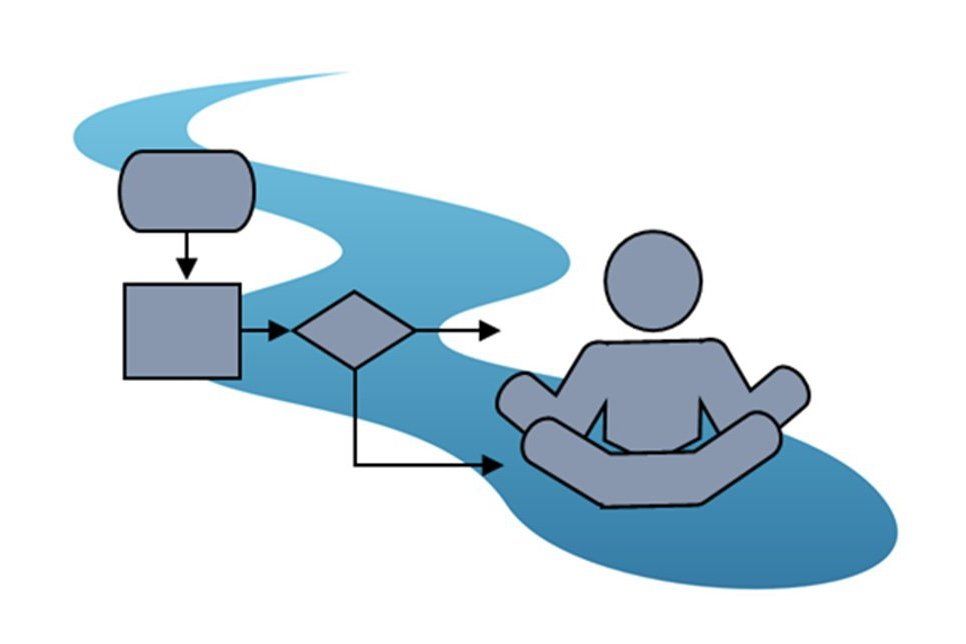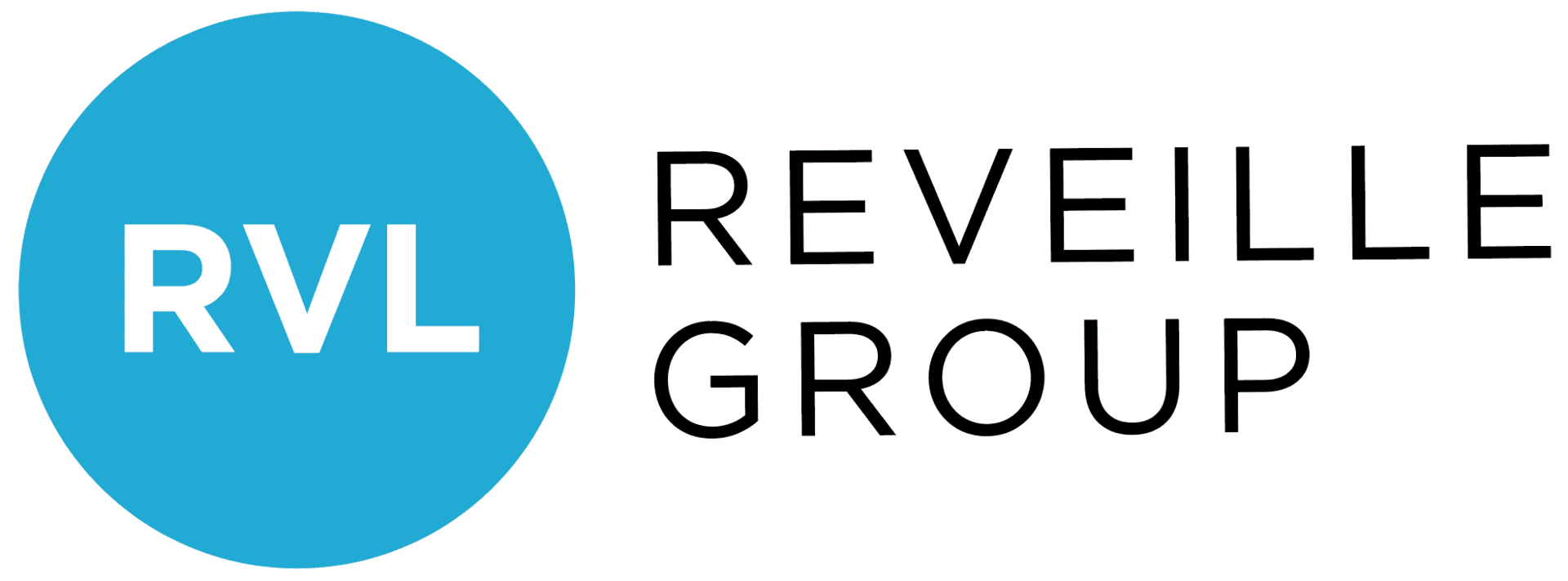Finding Your WorkFLOW
- By Leigh Anne Arnold
- •
- 24 Oct, 2017
When was the last time you felt overwhelmed while at the office? If stress dominates your every work day, you’re certainly not alone. According to the American Psychological Association (APA), over 65% of Americans list work as their top source of stress, and over one-third report experience workplace stress for a prolonged period of time. Workplace stress continues to rise each year and with it, so does the rate of absenteeism. How bad is it? According to The American Institute of Stress,
As a full-time professional, you spend a minimum of 40 hours a week focused on your work, or nearly 2,000 hours a year. Such an extensive amount of time spent on work, in addition to all of life’s demands and stressors, can take an incredible toll on your mental health and ability to perform, reinforcing the importance of demonstrating emotional intelligence (or EQ) to reduce stress and gain perspective.
What does EQ mean and how does it affect our professional life? At its core, EQ refers to your capacity to recognize, understand, and manage you own emotions, in addition to your capacity to recognize, understand, and influence the emotions of others. If you boil this definition down a bit further, it refers to each individual’s mindfulness and self-awareness. With workplace stress continuously on the rise, it shouldn’t come as a surprise that employers are starting to value EQ over IQ. In fact, according to the World Economic Forum’s Future of Jobs Report, emotional intelligence is expected to become one of the top 10 job skills by 2020. Wondering why employers have started to place such an emphasis on emotional intelligence when making hiring decisions?
Eight Reasons Why Employers Seek Candidates with High EQ
1. They Can Handle Pressure. They tend to have better coping mechanisms and healthy support systems in place to handle higher levels of stress.
2. They Appreciate and Collaborate with Others. They understand the importance of teamwork, and have well-developed people skills that help them in building relationships.
3. They Listen. They pick up on people’s emotions through tone and body language.
4. They Take Feedback. They tend to be less defensive and more open to feedback, especially when it involves areas for improvement.
5. They Are Empathetic. They build trust and cohesiveness among team members.
6. They Set Good Examples. They don’t get easily flustered when things don’t go according to plan.
7. They Make Careful and Comprehensive Decisions. They leverage their mindfulness to make better judgements about how their decisions will impact others.
8. They Have Found Their WorkFLOW. They utilize their awareness to become fully immersed and focused, aiming to tackle one problem or task at a time.

Leveraging Mindfulness to Optimize Your WorkFLOW
The key to finding your WorkFLOW is to focus on your awareness - remaining present and in the moment. Practicing mindfulness, even for just a few minutes a day, can keep you in control of your feelings – allowing you to stay cool under pressure, be proactive, bounce back from failure, and build meaningful and lasting relationships in the workplace. In fact, data taken from Google’s “Search Inside Yourself” (SIY) Leadership Institute, demonstrates that employees who practice regular mindfulness and meditation tend to be happier and more engaged.
Practicing Mindfulness During the Work Day
The most common way to practice mindfulness is through meditation which, believe it or not, doesn’t require sitting cross-legged and/or chanting in your swivel chair. Five minutes of focused silence can be enough to center your thoughts and put your day back on track.
While stress and worry are both a part of life, they shouldn’t control your life. Mindfulness allows you to control your emotions and can make you a more productive member of the team. When picking up a new mindfulness practice, always remember to treat yourself with the same respect that you’d show a colleague: be prepared, understanding, focused, and gracious. And should you need a little help along the way, there are plenty of popular tools out there to help, such as Headspace and Calm , guiding you through exercises that can done in a matter of minutes, from when/wherever you may find yourself in need of calming.
Start practicing mindfulness to increase your emotional intelligence and find your WorkFLOW. Your mind and your work will thank you in the long run.
